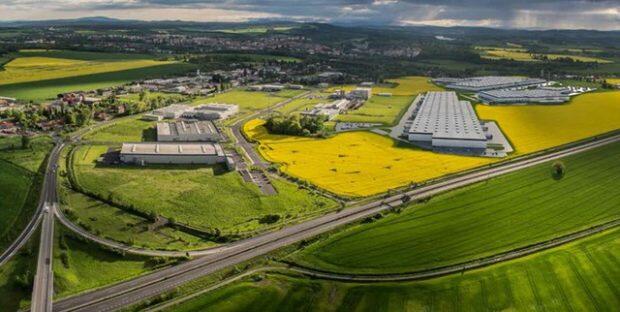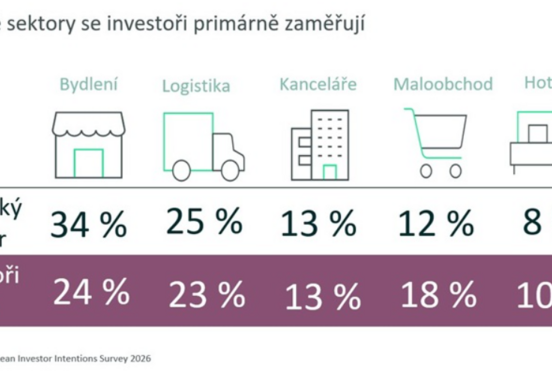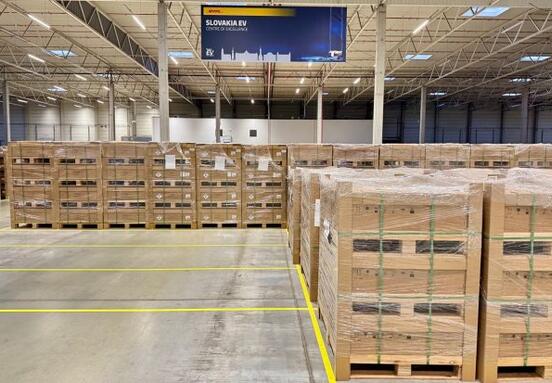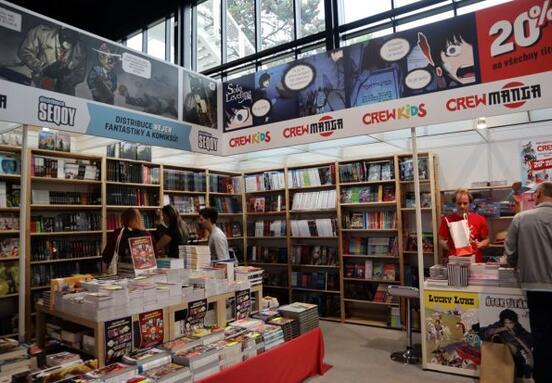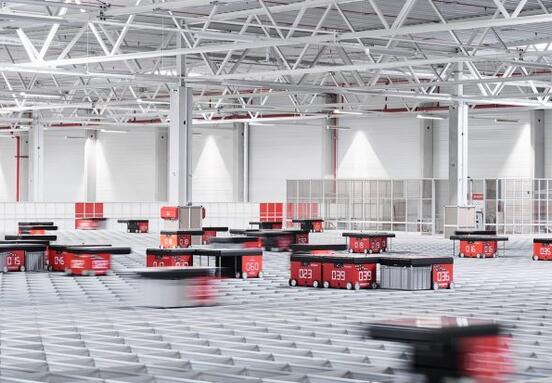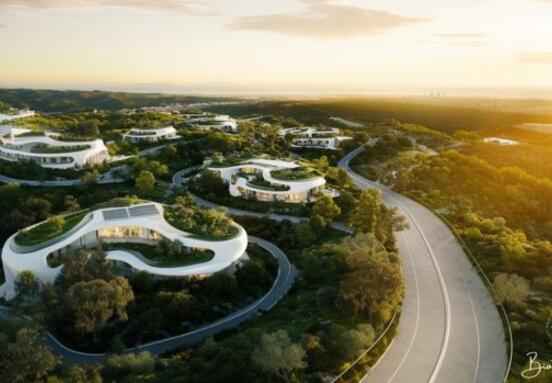However, a quarterly analysis by real estate consultancy 108 Agency suggests that there are signs of cooling in what remains a very strong demand. For example, the interest of companies in the field of e-commerce is decreasing, which may be due to, among other things, rising rents and decreasing household consumption. Some manufacturing companies are also limiting their activities due to the high prices of energy, fuel and other products. "We notice that a significant number of even large and medium-sized companies postpone their decision on relocation or expansion for the next year," adds Jakub Holec, director of 108 Agency, according to whom the uncertain economic development is affecting the industrial space market as well.
Developers responded to the fundamental excess of demand over available supply last year. Currently, 108 Agency registers 1.29 million square meters of new industrial space in the implementation phase. After all, already in the second quarter, a total of 197,381 square meters of modern industrial space was delivered to the market, which is a quarter-on-quarter increase of 128.83%. However, most of the new projects already know their future tenants. Therefore, the rapid increase in areas will not have much effect on the overall vacancy rate. Due to the number of negative economic factors, an increase in the share of speculative construction in the total increase of new areas cannot be expected.
Demand remains high despite the aforementioned caution on the part of tenants, the cooling of the global economy and a number of negative factors at the national level. Gross demand reached a total of 631,849 square meters in the second quarter, without renegotiation it was 489,685 square meters. "In both cases, this is a better performance than in the previous quarter. However, if we were to subtract the historically record transaction in Panattoni Park Cheb, it would be a decrease compared to the last quarter," Michal Bílý, analyst at 108 Agency, explains the slight slowdown of the industrial market.
The first signs of cooling come at a time when there are virtually no open spaces available in locations around major cities. From the point of view of availability, at the end of June, the most vacant industrial areas were in the Plzeň Region, the Olomouc Region and the Vysočín Region. Due to the lack of development areas, the interest of developers in brownfields and their regeneration is growing. Construction on them will become more and more frequent also due to the gradual diminution of heavy industry or production with a high carbon footprint. The potential of projects of this type will therefore continue to grow.
The lack of vacant spaces leads to a continuous increase in rent prices. In most regions, the average rental price exceeded 5 euros per square meter – the national average is currently 5.50 euros per square meter. Available areas below the mentioned average amount are in the Jihočeský, Karlovy Vary and Ústecký regions. In the capital city of Prague, the average rent rose to the level of 7.25 euros per square meter. The South Moravian region reported an average rent of 5.80 euros per square meter for the second quarter. Rent growth in the regions will probably not slow down at least until the end of this year. In the vicinity of large cities, where demand still significantly exceeds supply, rent growth will continue next year. However, not as dynamically as last year.
According to 108 Agency analysts, this year could equal last year in terms of the volume of leased warehouse and production space, unless the market cools down significantly in the second half of the year. Lease transactions covering 2.39 million square meters were concluded during 2021.
